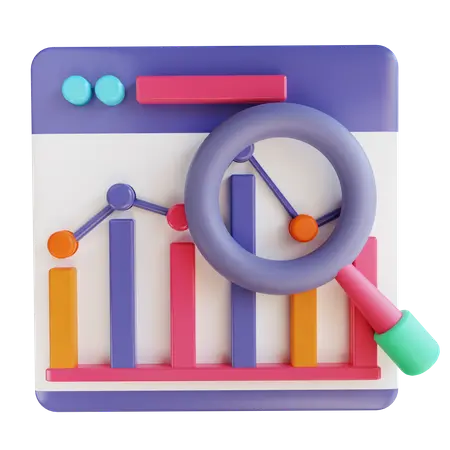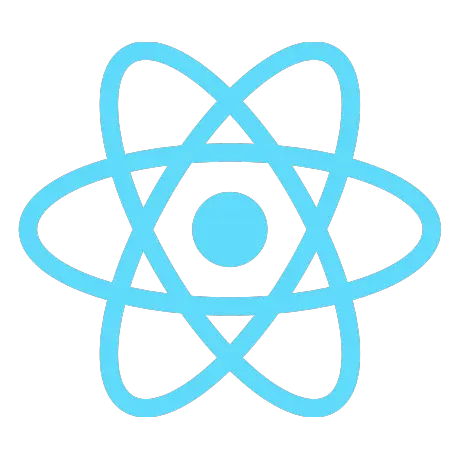Unlocking Insights and Innovation with Data Science
Data Science is transforming industries by turning complex data into actionable insights, driving innovation, and improving decision-making processes. By harnessing vast amounts of structured and unstructured data, data science enables organizations to uncover patterns, trends, and relationships that were previously hidden. Through the use of advanced techniques such as machine learning, artificial intelligence, and predictive analytics, businesses can make more informed decisions, optimize operations, and stay ahead of market trends. In sectors like healthcare, data science helps analyze patient data for better treatment outcomes, while in finance, it enables predictive models for risk assessment and investment strategies. Marketing teams can personalize campaigns by analyzing customer behavior, and manufacturers can enhance product quality through data-driven insights. Data Science not only unlocks the potential of big data but also fosters innovation, helping companies create new products, services, and business models. With its ability to extract valuable insights from diverse data sets, Data Science is crucial for businesses aiming to stay competitive and navigate the complexities of the modern data-driven world.
Key Features of Data Science
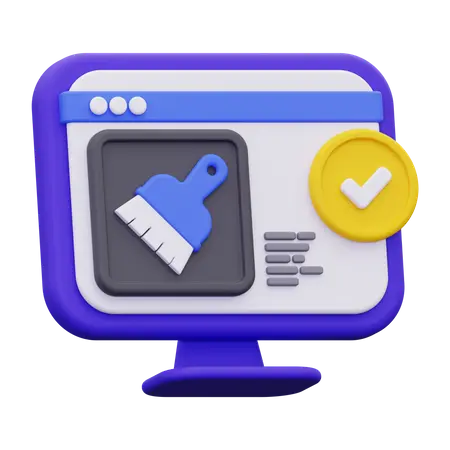
Data Collection and Cleaning
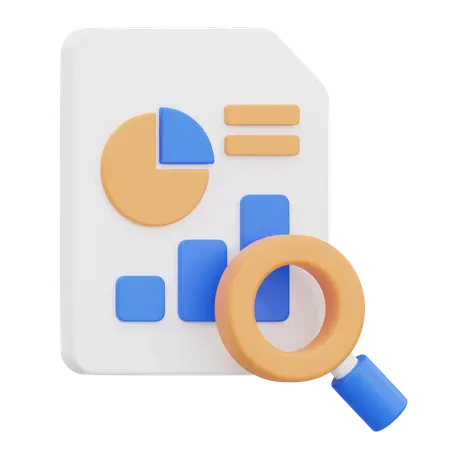
Data Exploration and Analysis
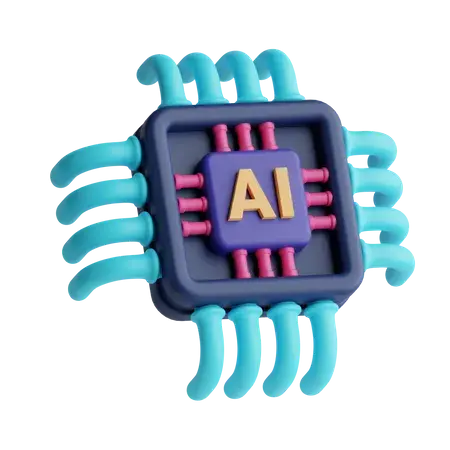
Machine Learning and AI Integration
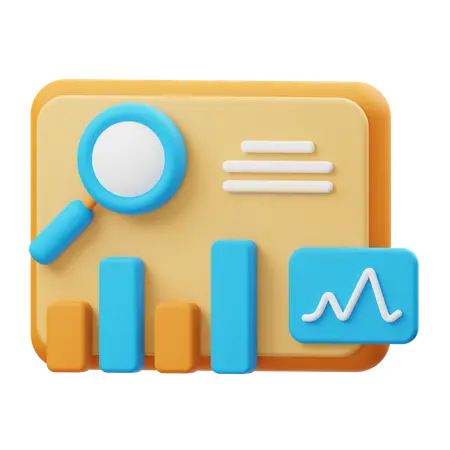
Predictive Analytics

Data Visualization
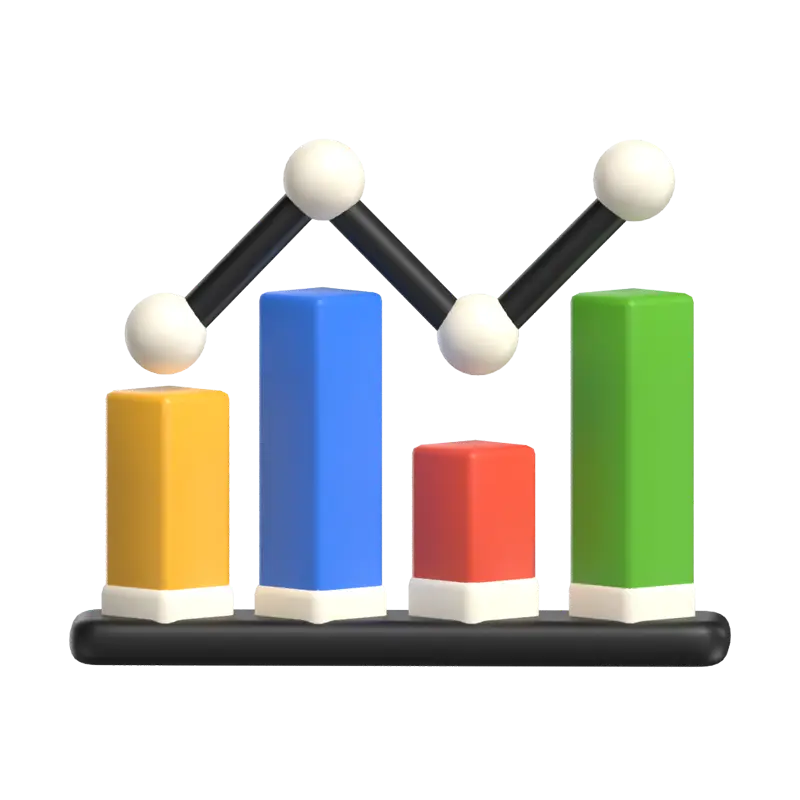
Statistical Modeling
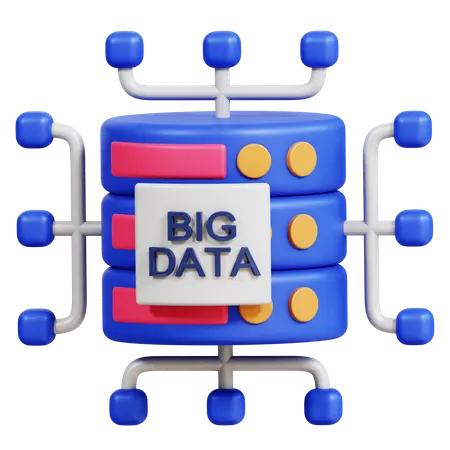
Big Data Processing
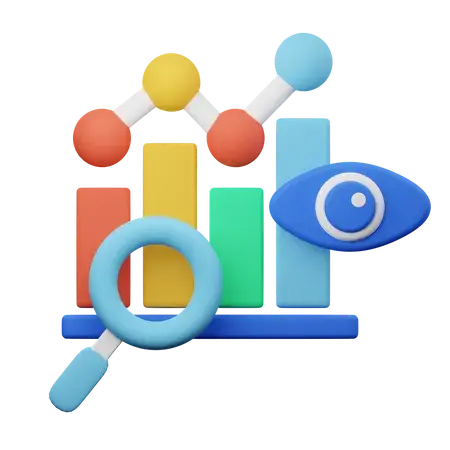
Automated Insights
Our Data Science Workflow
Data Collection and Preparation
The foundation of any successful data science project lies in the process of Data Collection and Preparation. This crucial first step involves gathering data from various sources, ensuring its accuracy, and transforming it into a clean, usable format. Data can come from structured sources like databases, spreadsheets, or APIs, as well as unstructured data such as text, images, or social media posts. Once the data is collected, it is essential to clean and preprocess it. This includes handling missing values, removing duplicates, and addressing inconsistencies or outliers in the data. Additionally, data preparation may involve normalizing or scaling variables to ensure that the data is in a suitable format for analysis. During this phase, domain experts may work alongside data scientists to understand the context and ensure the data is aligned with business goals. Proper data collection and preparation are key to ensuring that the insights derived from the data are accurate, reliable, and actionable, setting the stage for effective analysis and modeling in the subsequent steps of the data science process.


Model Development and Deployment
Model Development and Deployment is a critical phase in the data science process where raw data is transformed into actionable insights through advanced algorithms and machine learning techniques. In this stage, data scientists build predictive models, leveraging statistical methods, machine learning, and artificial intelligence to recognize patterns and make forecasts. The development process involves selecting the right algorithms based on the problem at hand, such as regression, classification, clustering, or deep learning techniques. Once a model is built, it is thoroughly tested using validation and training datasets to ensure its accuracy and generalizability. After validation, the model is fine-tuned to improve its performance, addressing any issues like overfitting or underfitting. Once the model meets the desired performance metrics, the next step is deployment. Deployment involves integrating the model into a production environment, where it can start processing real-time data or supporting business decisions. This may involve creating APIs, embedding the model into business applications, or automating workflows for seamless usage. Continuous monitoring is essential during deployment to ensure the model’s performance remains optimal over time. Any changes in data trends or system requirements can trigger model updates or retraining. Effective deployment of data science models ensures that businesses can leverage insights in real-time, drive innovation, and make data-driven decisions that enhance productivity, improve customer experiences, and streamline operations.
FAQs on Data Science
Data Science is the process of collecting, analyzing, and interpreting large volumes of data to uncover patterns, trends, and insights. It combines techniques from statistics, machine learning, and data analysis to help businesses make informed decisions.
Common tools include programming languages like Python and R, libraries such as TensorFlow and Scikit-learn, and data manipulation tools like SQL, Hadoop, and Spark. Data visualization tools like Tableau and Power BI are also frequently used.
Data Science helps businesses by uncovering insights from data, improving decision-making, optimizing operations, enhancing customer experiences, and driving innovation through predictive analytics and automation.
While both fields involve working with data, Data Science is broader and includes data collection, cleaning, machine learning, and predictive modeling. Data Analytics is more focused on analyzing historical data to find trends and patterns.
Key skills include proficiency in programming (Python, R), strong knowledge of statistics and mathematics, expertise in machine learning and AI, data wrangling abilities, and familiarity with data visualization techniques and tools.
The timeline for a Data Science project varies depending on the complexity of the problem, the amount of data involved, and the desired outcomes. It can range from a few weeks for simpler projects to several months for large-scale, complex solutions.
Data Science has applications in nearly every industry, including finance, healthcare, retail, marketing, manufacturing, and telecommunications. It helps organizations optimize processes, predict trends, and improve customer engagement.
Hire Our Expert Team
Get the ideal mix of quality and cost-effectiveness by hiring dedicated professionals for your projects.
Our Tech Expertise!
Discover the depth of our technical prowess spanning across a wide spectrum of tech stacks for your next project.

AngularJS
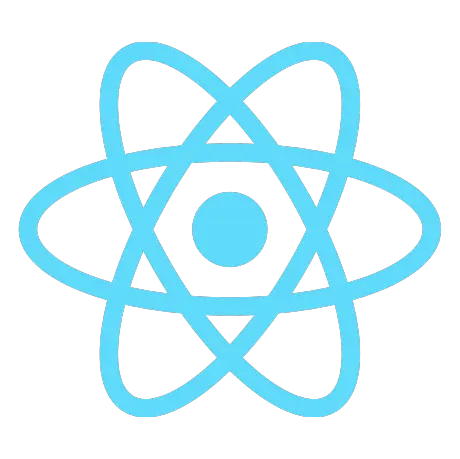
ReactJS

VueJS
JavaScript

TypeScript

NextJS

NuxtJS

Tailwind CSS

CSS3

HTML5

jQuery

Bootstrap

PHP

NodeJs

Python

Java

MySQL

MongoDB

PostgreSQL

SQLite

MariaDB

DynamoDB

Oracle

Laravel

Codeigniter

Yii

ExpressJS

Django

Flask

Spring Boot

Hibernate
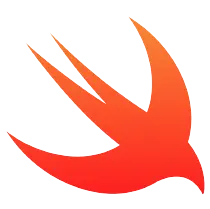
Swift

Java

Objective-C

Kotlin

Flutter

React Native

Unity3D

WordPress

WooCommerce

Shopify

Concrete5

Magento

